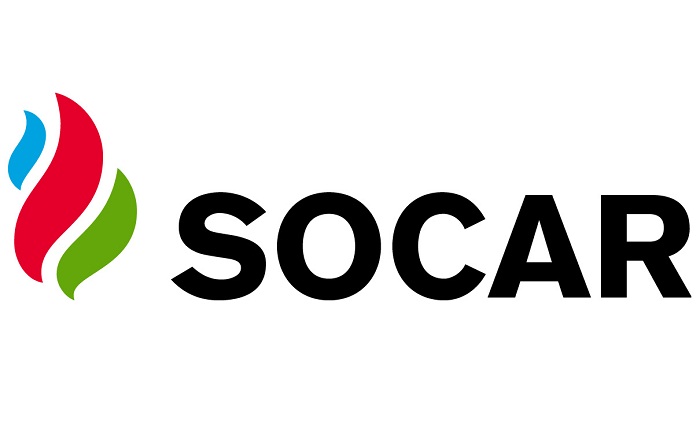Azimov said that other possibilities include trading refined products with Iran in the Gulf, where SOCAR has storage facilities in the United Arab Emirates port of Fujairah.
“One option was to supply Iran with gasoline and to buy naphtha and liquefied petroleum gas (LPG),” added Azimov.
Azimov said SOCAR Trading, which currently employs less than 200 people globally, sees its role as somewhat different from the trading arms of many national oil companies.
"Where the market is oriented towards direct deals between producers and consumers, there is no space for trading houses,” he said. “We need to be customer oriented. I see us as a services provider.”
He said about 90 percent of SOCAR Trading’s profit was from outside trading of its parent company’s oil or products and it was expanding in new markets beyond oil, such as LNG.
"We decided that buying and selling LNG wasn`t terribly attractive,” he said. “So we started looking at other options. We looked at Malta, an interesting case as it is not connected to an EU gas grid and has been burning fuel oil for heating needs.
ElectroGas Malta consortium has been chosen to implement the gas power plant construction project in Malta.
SOCAR Trading holds a 20-percent share in this project. SOCAR Trading will also act as a supplier of liquefied natural gas, floating storage unit and equipment for its processing.
The cost of the plant’s construction is estimated at 175 million euros. It is planned to commission it in the summer of 2016, and its capacity will enable to meet up to 50 percent of Malta’s electricity demand.
SOCAR Trading, with headquarters in Geneva, was created in late 2007 by the State Oil Company of Azerbaijan (SOCAR).
SOCAR Trading sells the main part of crude export volumes from the Ceyhan port (the Mediterranean Sea, Turkey), carries out trading of oil and oil products of other countries, and also renders assistance to the parent company with the international investments.
More about:
















































